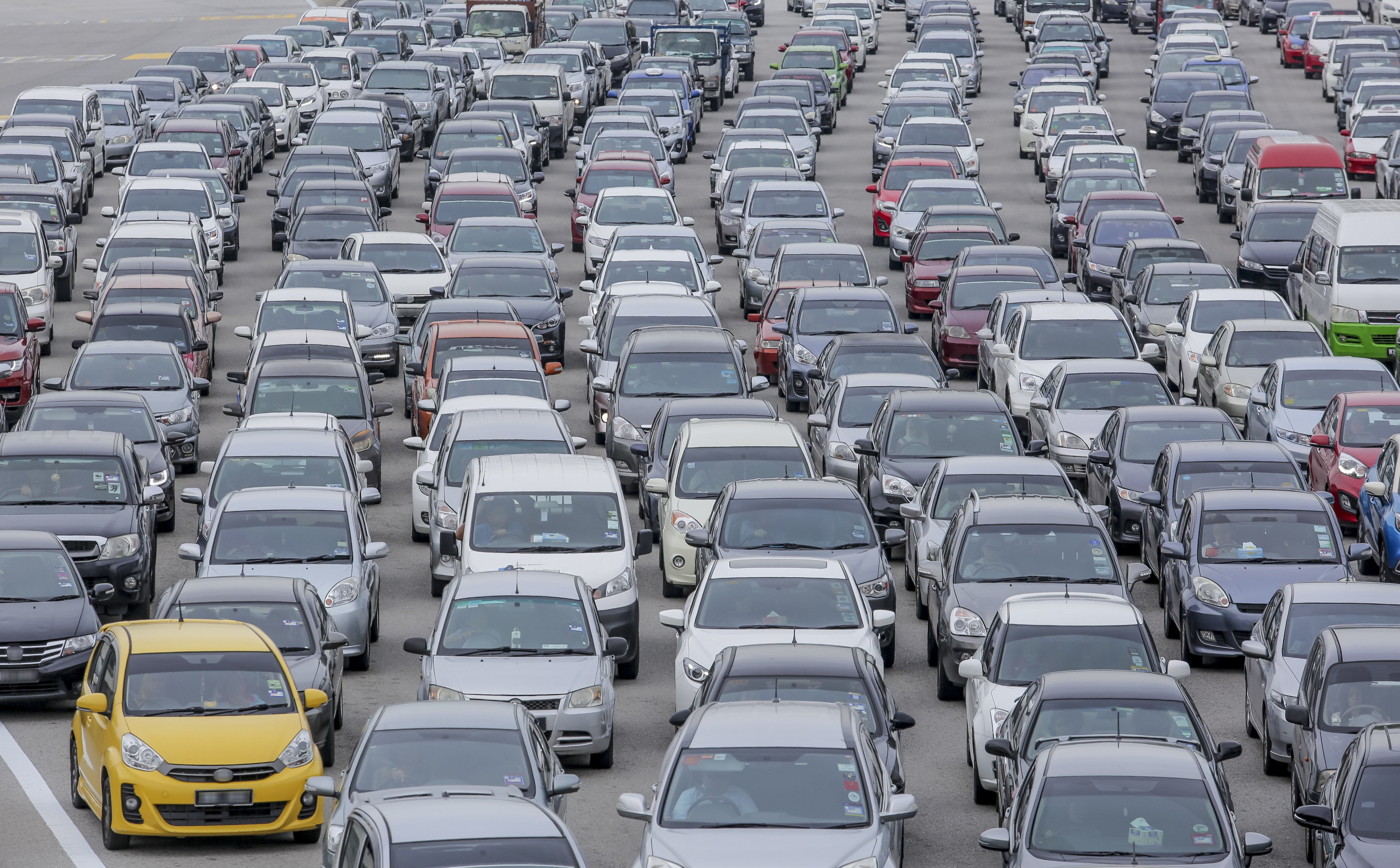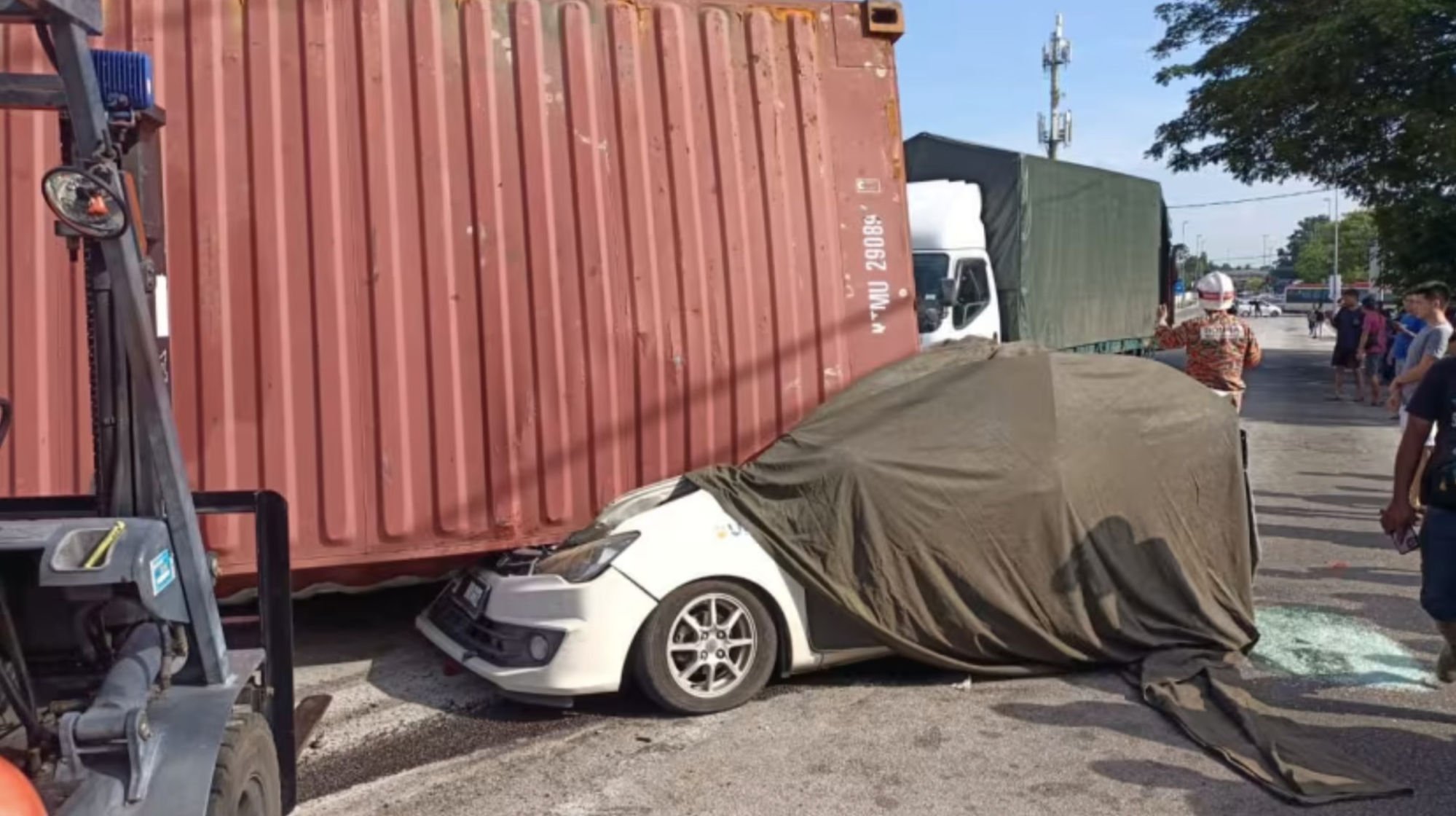Malaysia’s AI speed trap plan sparks backlash as lorry crash deaths pile up
The government says the AI-based system will enhance safety while detractors argue trucks pose a greater threat as shown by recent accidents

Malaysia’s plan to use artificial intelligence to fine speeding drivers has drawn public ire, with critics accusing the government of prioritising revenue collection over road safety while ignoring the country’s deadly record of lorry-related accidents.
The government’s proposed Automated Awareness Safety System (Awas) would calculate a vehicle’s average speed by tracking the time taken to travel between tollgates. Those found exceeding the speed limit would be issued an automatic fine of up to 300 ringgit (US$70), without any human oversight.
The transport ministry had scheduled two pilot tests on accident-prone highways in June but has since paused the roll-out, a ministry spokesman told This Week in Asia on Tuesday.
Still, public anger has not subsided, with many Malaysians saying the plan would unfairly penalise drivers while allowing larger – and more dangerous – road safety threats to persist.
“There are so many other useful things that MoT can do, but they choose to carry out ridiculous things like this,” read a Facebook comment on a post discussing the speed trap system, referring to the Ministry of Transport by its acronym.
“Do they understand that accident statistics involving lorries are alarming? No solution in sight only burdening the people.”
A study published last month by the Malaysian Institute of Road Safety Research underscored those concerns. It found that nearly 1,500 people had died in the past six years in accidents involving heavy vehicles such as lorries and trailers – roughly one fatality every 36 hours.
A spate of high-profile crashes has amplified public outrage.
On May 13, nine paramilitary officers were killed when their transport truck was rammed by a gravel-laden lorry in the northern state of Perak. Just 10 days later, two people died in a head-on collision involving a truck in Malacca.
Last November, the death of a 21-year-old woman stunned Malaysia after she was crushed to death in Penang when a container rolled off the back of a trailer onto her car.
The victim’s mother shared heartbreaking details of her last call with her daughter, who told her “mummy, it hurts so much!” before the line fell silent.

In January, Transport Minister Anthony Loke defended the Awas system as a safer alternative to existing single-point speed cameras, which he said caused abrupt slowdowns and increased crash risks as motorists braked suddenly to avoid detection.
But the explanation has done little to reassure sceptics, many of whom remain convinced that authorities only pay attention to road safety when elections are looming.
“Roads are littered with potholes, they do nothing to reseal old roads … only when elections are near do they come to repair the roads,” read a comment by Facebook user Pzam Abd Rahman.
“The government is really farsighted when it comes to taking public money.”
The Transport Ministry has acknowledged concerns over lorry safety and said it is taking steps to address the issue. In January, it formed a special task force to review heavy vehicle regulations, improve enforcement and update inspection protocols for brakes and tyres. Investigations were also launched into recent fatal crashes, with officials pledging stricter penalties for overloaded lorries and expanded use of monitoring systems.